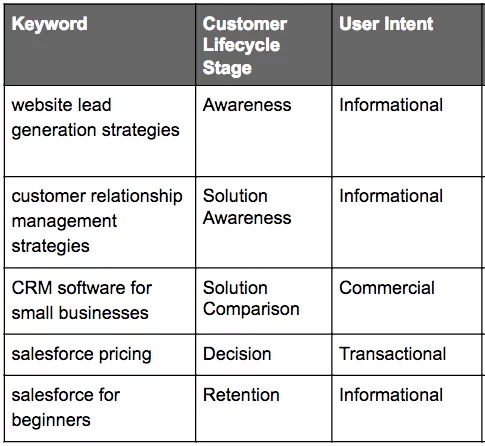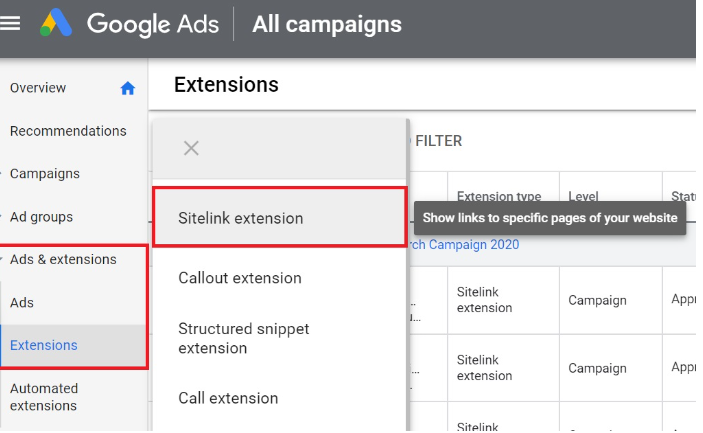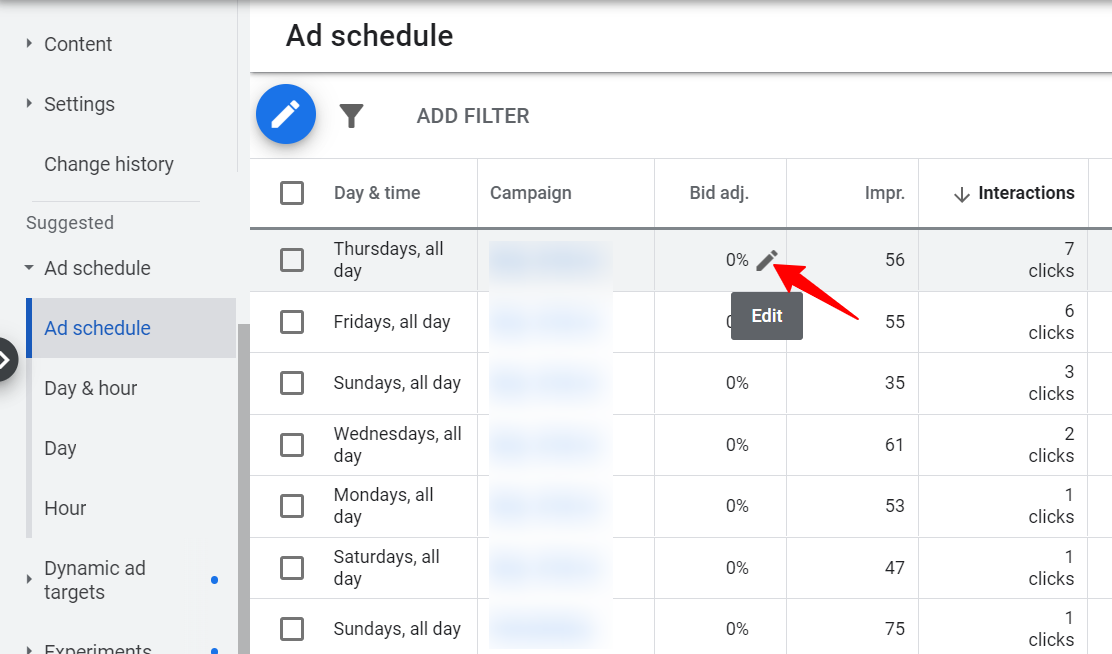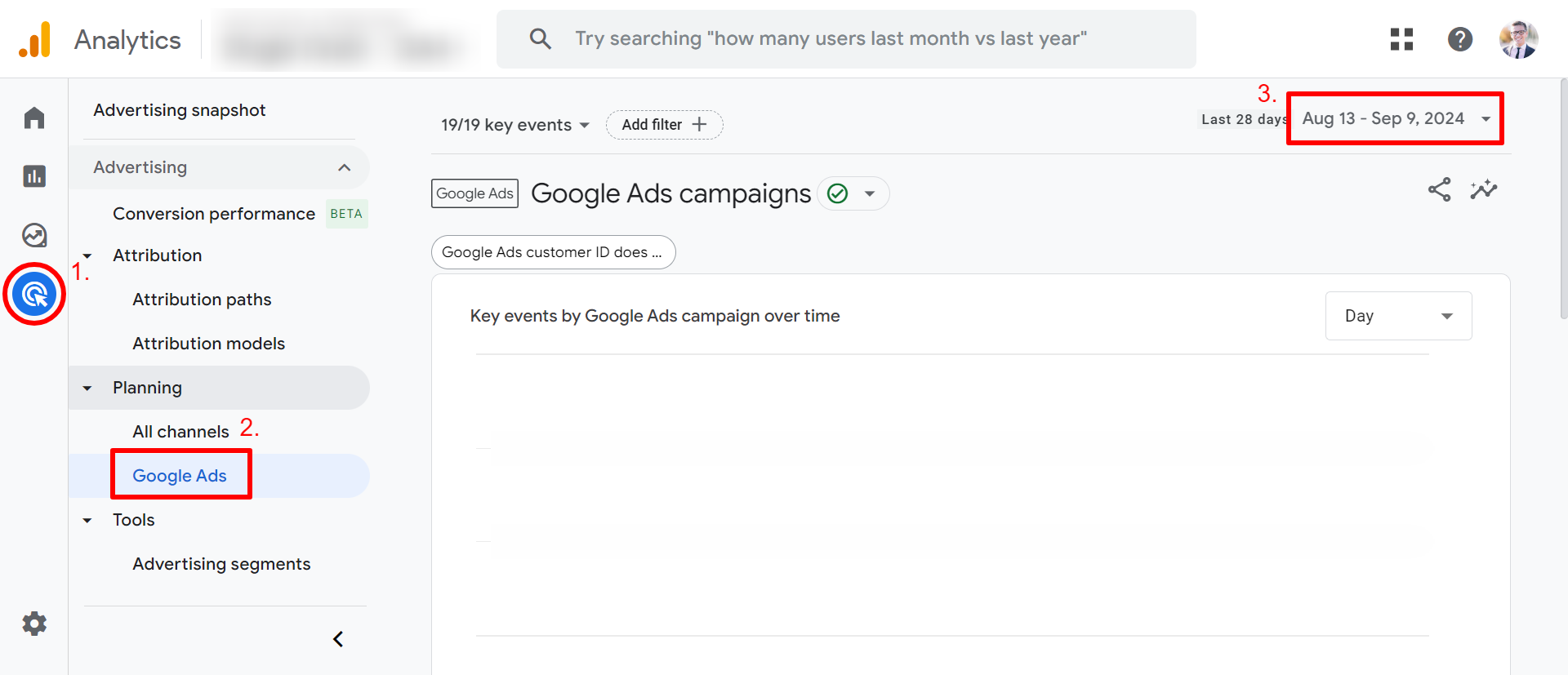Pay-per-click advertising has become a vital component of e-commerce and service-based marketing. They’re naturally popular for their ability to drive targeted traffic and increase sales quicker than organic methods. If you’re just getting started with paid advertising, we recommend reading our guide on PPC basics to understand the core concepts before diving into PPC audits.
To ensure PPC effectiveness and a positive return on investment, e-commerce stores, and service-based brands ought to conduct regular PPC audits.
In this article, we’ll walk through all of the most vital steps in completing a PPC audit checklist. Most illustrations and examples will be inside the scope of Google Ads, but all of it is applicable to Microsoft Ad accounts as well.
Let’s begin.
What Is a PPC Audit?
An PPC audit is a comprehensive analysis of your pay-per-click campaigns in which you review and analyze the effectiveness of your e-commerce business’s advertising campaigns. A PPC audit aims to identify areas for improvement, optimize campaigns, and increase ROI through paid media.
Performing regular audits like these can help businesses identify which campaigns generate the highest ROI, along with which targeting settings chiefly contribute to those results. It can help reveal which landing pages are most effective and which campaigns require adjustments or optimization. Conducting an audit can also help ensure that your budget is being used efficiently.
Dive Deeper:
PPC Audit Cost Analysis: How Much Should You Expect to Pay?
7 PPC Audit Tools to Optimize Your Ad Performance Across all Platforms
How to Decrease Your Marketing Budget without Hurting Your Business
A PPC campaign audit is essential for any business looking to maximize its ROI and stay ahead of its competition. It delivers an overall health status of your ad campaigns and highlights upcoming threats that you need to address.
By auditing your PPC campaigns, you can identify areas for improvement, allocate your budget more effectively and stay ahead of the latest PPC trends and best practices.
With the e-commerce scenario becoming more competitive every day, regularly reviewing your PPC campaigns is crucial for driving sales and evolving your business.
When Should You Audit Your PPC Campaigns?
It’s important to regularly audit your ads account to ensure that your campaigns are performing at their best.
The frequency will vary depending on your account’s size and the ad spend amount, but conducting a PPC audit at least once per quarter is recommended.
You should consider conducting an audit when you notice a decline in performance or a drop in click-through rates or if your business has had significant changes.
By regularly auditing your ads account, you can determine which areas need more improvement and further attention to optimize your campaigns, and stay ahead of the competition.
Dive Deeper: Maximizing Your Ad Spend: 8 Reasons Why Google Ad Management Is Essential
What Does PPC Audit Include? The Complete Checklist
Here is a complete PPC audit checklist to boost your digital marketing strategy:
✅ Audit PPC Account Structure
Assessing the account structure involves reviewing how your account is organized and configured, as well as reviewing the campaign settings.
Properly structured accounts are crucial for managing campaigns efficiently and effectively:
- Check that your campaigns, ad groups and targeted keywords are well-organized and aligned with the business goals.
- Look at the performance of the campaigns along with key metrics like clicks, conversions and returns.
- Ensure that your ads are relevant for your target audience and named in a way that makes sense.
This will help maintain a high-quality score, leading to better ad positioning to ensure that your Google Ad campaigns are configured for optimal performance.
✅ Perform Competitor Analysis
By evaluating the strengths and weaknesses of your competitors, you can gain valuable insights into your brand positioning and identify opportunities for improvement.
Competitor analysis helps businesses develop effective strategies to outperform their competition, including optimizing ad copy and creativity, refining targeting options and adjusting bidding strategies. It also helps identify potential gaps in the market and discover new growth opportunities.
You can use tools like SpyFu and Semrush to perform a competitor analysis for your online marketing campaigns:
You can analyze keywords, ad strategies and estimated traffic that your competitors have to get a better understanding of your own PPC strategy.
Dive Deeper:
* How to Uncover Your Competitor’s Facebook Ad Strategy
* How to Perform Marketing Competitor Analysis (+ 6 Best Tools Comparison)
✅ Identify Negative Keywords
Look at the keyword relevance to optimize ad copy, remove generic keywords and apply smart bidding strategies to improve the overall effectiveness of your PPC campaigns.
Use the Google search terms report to find a list of keywords for which your website has received impressions or clicks. Pick the ones that are not relevant. After you have identified irrelevant keywords, you can include them in your negative keywords list to minimize wasted ad spend. Negative keywords can help save money on advertising spend.
Dive Deeper:
* SEO Keyword Research Made Easy in 2024
* How Zero Search Volume Keywords Can Generate a Ton of Traffic
✅ Check Ad Relevancy
Checking ads relevance ensures that your ads match the user intent:

If the ads are not relevant, users are more likely to bounce back and look for another result. This leads to lower click-through rates, which ultimately results in a lower ad score and higher cost-per-click. It also increases ad spend.
By checking ad relevance, e-commerce businesses can ensure that their ads serve the intended target audience and provide them with valuable information.
✅ Audit Landing Pages
The landing page is the first thing people notice after they click on your ads. Hence, auditing your landing pages should be one of the top priorities of your PPC account audit.
Ensure that your page is mobile responsive, has a USP (unique selling point), has valuable reviews, and has a clear call-to-action:

With the help of clear and engaging visuals, relevant ad content and improved loading speed, you can increase your landing page quality.
Dive Deeper: How to Improve E-Commerce Landing Pages with Paid Ads Data
✅ Set Ad Extensions
There are ten different types of extensions that you can set to your ads account to enhance the performance of your marketing campaigns in the search results.

Use each relevant extension for your business that you think will help increase your ads ranking with a lower cost per click. This will allow you to share more information with your potential customers and enhance your ad performance.
The most commonly used extensions are callout, sitelink and structured snippet. The sitelink ad extension, for example, help users access key information quickly: highlighted, clickable text along the bottom of the ad.

Using relevant site extensions ensures higher click-through rates which get reflected in your PPC results and conversions.
Dive Deeper: Google Ad Extensions: Everything You Need to Know
✅ Look Over Quality Score
While measuring business performances, it is crucial to have a diagnostics tool to compare your ads with others.
Ad quality is meant to allocate a score to each business for the quality of their ads with respect to other advertisers. The range of scores is from one (lowest score) to 10 (highest score). Use the ad score to check how your PPC account is performing currently and how you can increase your quality score and improve the results.
Google crawlers assess the ad quality based on the impressions it receives. You should have a high CTR, excellent user experience, and good relevance of your ads to achieve a higher score.
After reviewing the quality score, focus on your PPC account data to identify areas to improve your ad campaign execution in the search results.
Dive Deeper: Does Ad Quality Score Still Matter?
✅ Determine Budget
To run a pay-per-click campaign, decide on a budget beforehand to ensure that you are paying for each click on your ads as they appear.
Determining a successful budget is, therefore, an essential step in your PPC account audit. You should check your past performance to review how it did and, accordingly, run a PPC audit to check if the set budget works.
Having a set alert on the target budget with an estimated performance can help you stay within your financial boundaries. Use automation tools or software for budgeting, like Shape.io and Adalysis, to make the process easy.
✅ Test Ad Scheduling
Limiting your ads to run for a specific time or day of the week can help you get better returns on your spending. Check on your previous data and analyze the trends to understand which time and day of the week perform better than others.
A well-planned ad schedule will help you with budgeting and decrease the amount per click.
You can optimize your performance with the help of Google’s ad scheduling to show your ads to customers only during certain business hours or days:

✅ Review Bid Strategy
Check the status of your bid strategy regularly when conducting a PPC audit to analyze the performance of your PPC campaign and see that they are running as intended.
Ensure that your bids are based on your goals, and set a cap on them. You can have an automated or manual bidding strategy.
Automated bid strategies save time and are designed to help you focus on your other, more important, tasks. They also use advanced artificial intelligence and machine learning to adjust bids on each auction which is known as smart bidding.
Google has six bid strategies to work towards different goals. Check your bid strategy status under the “view bid strategy” report:
✅ Evaluate Conversion Tracking
Conversion tracking can help boost your returns, and it also shares insights into customer behavior like which products they browse after clicking on the search results. In your PPC audit, you can discover traffic sources and learn how buyers engage with your products.
There are several conversion tracking tools that you can use to improve performance and reduce costs by determining what could be enhanced:

✅ Do Performance Analysis
You should use the Google Ads performance report to compare and analyze the impact of various attribution models on your marketing campaign objectives. The performance report allows you to compare revenue across all channels.
Create custom segments using your Google Analytics account to get a clearer and much deeper analysis. You can use the range of the date for which you want to analyze your data along with other attributes and download the report.
Best Practices for Conducting Successful PPC Campaign Audits
Here are some of the best practices for effective PPC account audits:
- Regularly Review: Conduct regular campaign performance reviews to analyze your inputs and identify areas for improvement.
- Target Strategically: Use location targeting to reach potential customers in specific geographic locations, increasing ad relevance and conversions.
- Organize Effectively: Divide your ads into simpler ad groups for better management and optimization.
- Create Compelling Ads: Develop engaging ad text and high-quality content to attract customers and drive interest.
- Enhance Performance: Leverage ad extensions and relevant keywords to boost your e-commerce PPC campaign results.
- Optimize Product Pages: Focus on your product pages, providing clear information and images to convert more leads.
- Use Dynamic Ads: Employ dynamic ads to tailor your messaging and improve the effectiveness of your Google Ad campaigns.
- Retarget Strategically: Retarget leads who showed interest but didn’t convert to remind them of your brand and increase engagement.
Dive Deeper: E-commerce Advertising Strategy: How We Doubled PPC Sales for ThinSlim Foods (with a 3X+ ROAS)
Last Word on E-commerce PPC Audits
Conducting comprehensive PPC audits and creating effective PPC ads by following the strategies discussed in this article will help you drive maximum ROI for your PPC efforts and grow your business.
Need a professional e-commerce PPC marketing agency to help you with the audits? Get in touch with expert digital marketers at the Single Grain PPC agency to improve your PPC marketing ROI.
Hopefully you learned how to do an e-commerce PPC audit, but if you just want someone to do the work for you, Single Grain’s PPC experts can help!👇
Recommended Video
For more insights and lessons about marketing, check out our Marketing School podcast on YouTube.







